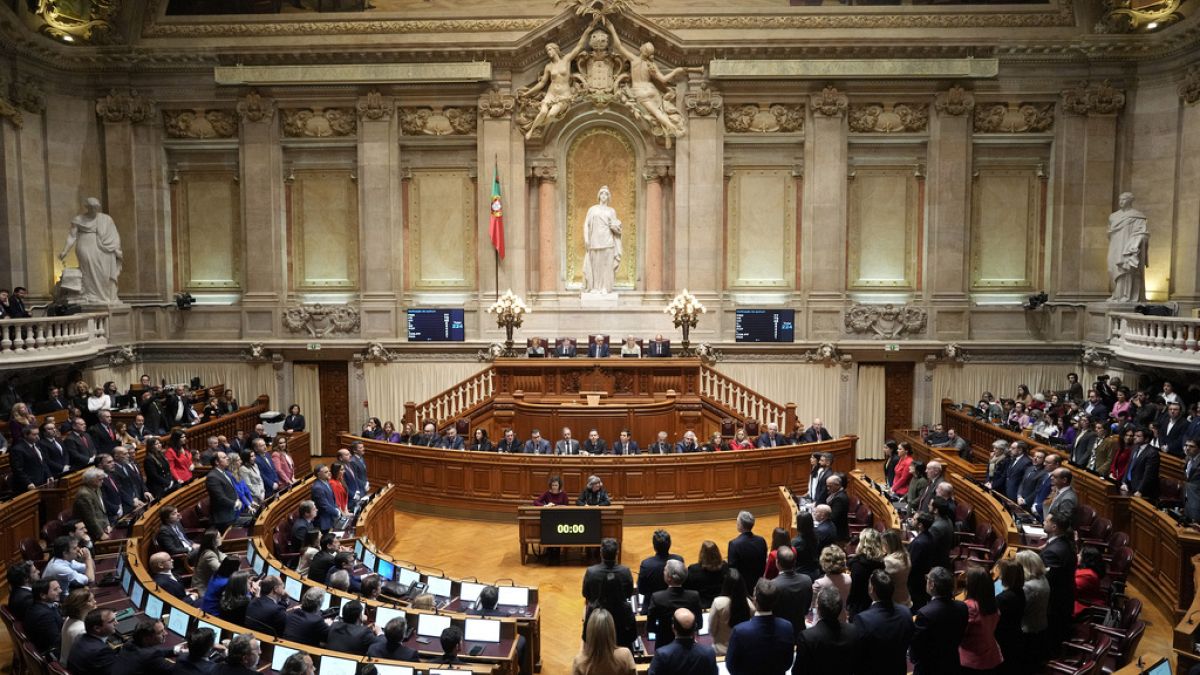

The shifting landscape of global issues highlights a blend of significant legal reforms, the remembrance of past tribulations, and the ongoing struggle for individual rights and recognition. As we traverse these stories, we find underlying themes of resilience and a collective push for social justice.
In an effort to align with broader European standards, Portugal’s parliament has taken a significant step. By reclassifying rape from a private crime to a public one, Portugal has made the crime prosecutable even without a victim’s formal complaint. This legislative change was influenced by several members of the Socialist Party, emphasizing the need to protect victims while ensuring justice is served. Through this shift, Portugal joins a host of other European countries in recognizing the need for firmer legal protection against sexual violence, symbolizing a commitment to progressive legal reform.
Moving from legal changes to the power of memory, Srebrenica stands as a somber reminder of the past. It’s been thirty years since the 1995 massacre—the most devastating atrocity in Europe since World War II. Efforts to remember the victims continue, with recent ceremonies marking the identification and burial of seven more individuals. The photographs captured by Kristian Skeie not only memorialize the event but also highlight the enduring strength of survivors who navigate life carrying the weight of history. These images serve as a poignant testament to the human capacity for resilience, urging the global community not to forget its past.
Simultaneous to commemorations of past struggles, contemporary challenges in human rights advocacy take the spotlight, particularly in the world of sports. South African runner Caster Semenya’s legal triumph marks a crucial point in the ongoing discussion about athletes’ rights. The European Court of Human Rights ruled that Semenya had not received a fair trial concerning regulations on testosterone levels for female athletes. In response, Semenya called for a reevaluation of how athletes are treated, emphasizing the necessity of safeguarding their rights. This ruling signifies potential shifts in how gender norms and sports regulations could evolve, acknowledging the unique attributes of individual athletes while striving for fairness and inclusion.
Adding to global concerns are alarming reports of increased criminalization of high-risk HIV groups. As UNAids reports, more countries are enforcing stringent laws targeting LGBTQ+ communities and individuals involved in drug use, potentially undoing decades of progress in fighting the AIDS epidemic. The halt in US funding exacerbates these issues, presenting barriers to global health initiatives. Thus, these developments call for international attention and action to safeguard vulnerable communities and ensure sustained progress in public health.
In a world that constantly evolves, these stories remind us of the progress yet to be made. They urge societies to remember the past and advocate for the rights of all individuals. With collective efforts, strides can continue toward a more just, equitable world. Through legal reforms, remembrance, and the unwavering push for equality, humanity steps forward, mindful of its shared journey.
Source: {link}
